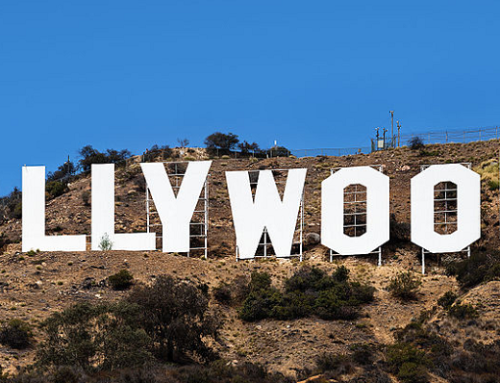[by Gregory Collins]
The lines are blurry and the exceptions are many, but if literary writing tends to emphasize character and realism while genre writing tends to emphasize plot and tropes, then I trace my interest in literary writing to my childhood and adolescence in Kenya, east Africa. My parents—and grandparents and great grandparents—were missionaries there and I grew up with very limited exposure to Western popular culture. No television or comic books, none of the background noise that fills the upbringings of so many. Furthermore, everything I was exposed to, everything I was permitted to read and watch, was filtered through the narrow ideological lens of evangelical Christianity.
When I arrived in the States to begin university, this worldview came under immediate attack. First by the internet, a kind of digital genie able to grant unlimited wishes to anyone with a search term. And, of those, I had many. Next came movies. It was the late nineties, an unusually adventurous time for cinema. Boys Don’t Cry, Requiem for a Dream, Pedro Almodóvar’s Live Flesh. By my sheltered standards, these films were utterly perverse. Yet I could not deny that they were also undeniably compassionate, empathetic renderings of people and ideas I’d never encountered before. Finally, after movies, came books—Hemingway’s The Garden of Eden, Nabokov’s, Lolita, Kate Chopin’s The Awakening. Here again, I could not defend against them, could not deny the value of the human reckoning they undertook.
As my perspective slowly broadened, the tidy truths with which I’d been raised revealed themselves to be, at best, partial. There was, it turned out, more out there. Much more. More ideas, more experiences, more to being a human being. Confronted with the fact that I did not know what I did not know, I became unmoored, adrift in a world of partial truths aggressively held. Perhaps, I wondered, all one could ever know was that what one did know was exactly that—partial. Gradually, I became a better reader and a better writer, this sentiment—this admiration for writers who wrestled with their reality and with their humanity—came to characterize the writing I love most and that, as an editor, I serve best.
What is deceptive about this kind of writing is that it so often belies the amount of time and expertise needed to do it well. Good writing feels urgent and vulnerable but good writing is rarely the result of urgency and vulnerability alone. Like many young writers, I was guilty for a long time of not understanding this, of confusing sincerity with quality and passion with skill. Because if there are rules, they are undefined, and if there is a way to determine the readiness of a work, it is abstract. After all, even Jack Kerouac’s On the Road, famously drafted in a three-week fever of creative energy, took another six years to edit and revise for publication.
But, done well, there is nothing like it. Quality literary writing evokes a sense of honesty, a spirit of exploration without agenda. The reader dips into the writer’s mind and intimately experiences fears, flaws, and fantasies that, though distinct from their own, are not unfamiliar. It can be dangerous, indecent even. There’s a feeling that anything can happen but also that everything, even the things one thinks but doesn’t dare say aloud, is worthy of being taken seriously.
This is not to take anything away from genre writing. Indeed, Ursula Le Guin’s The Left Hand of Darkness is among my favorite books of all time. Yet when I compare it to Erica Jong’s Fear of Flying or Elena Ferrante’s Neapolitan Quartet, I feel at a distance from both the writer and the narrative, safe within the guardrails of genre rather than exposed to a world beyond guardrails. This is, of course, a matter of taste and I readily acknowledge that the overbearing guardrails of my childhood have left me distrustful of guardrails more broadly.
Whatever the case, literary writing is, I’d argue, among the most profound acts of generosity possible. I imagine myself, and the world, without, say, Milan Kundera’s The Unbearable Lightness of Being. Or Andrè Aciman’s Call Me By Your Name. Or Nikki Gemmell’s The Bride Stripped Bare. I imagine the resulting voids, the disappearance of my relationships to these books, to their narratives, their authors, their admirers. What tragedy. What poverty. And if I do this too much, if I disappear too many of the books and writers that have marked my life, then I—and the world as I know it—begin to disappear along with them.
In working with my clients, interns, and students, I impress upon them the critical importance of trusting their love for what they love. For me, this is everything. Because to write is, in a very real sense, to create oneself, to manifest oneself into the world. It requires time and skill, yes, but it also requires courage and perseverance. The forces of conformity and shame, to say nothing of disillusion and rejection, are ever-present yet I can think of nothing more worthy of the effort. As the Gnostic saying goes, If you bring forth what is within you, what you bring forth will save you. And if you do not bring forth what is within you, what you do not bring forth will destroy you.







